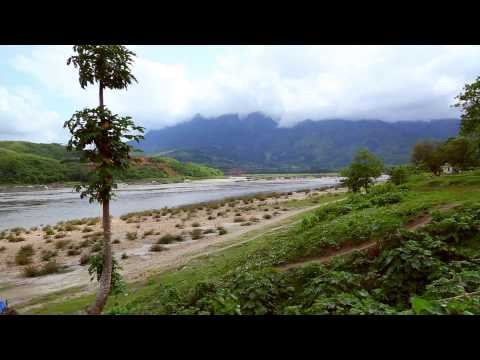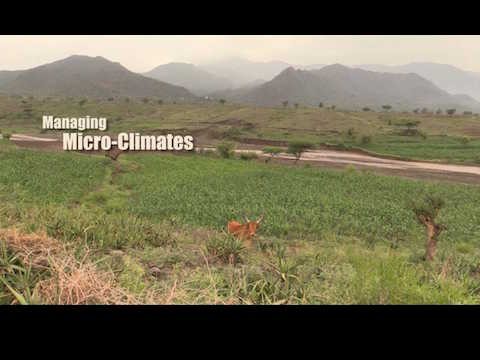Regional Research for Sustainability
From 2014 until the end of 2016, WLE implemented an innovative set of projects in response to a call for more demand-driven and locally led initiatives in support of agricultural intensification at a regional scale. Researchers partnered with local actors to co-design projects that used an ecosystem-based approach to influence investment and decision-making in support of more equitable management of natural resources.
33 projects were implemented in 18 countries with 175 partner organizations in four regions. Some of the key findings and outcomes are highlighted below.
Read about the inception of the program and a reflection from the focal region program coordinator.













































